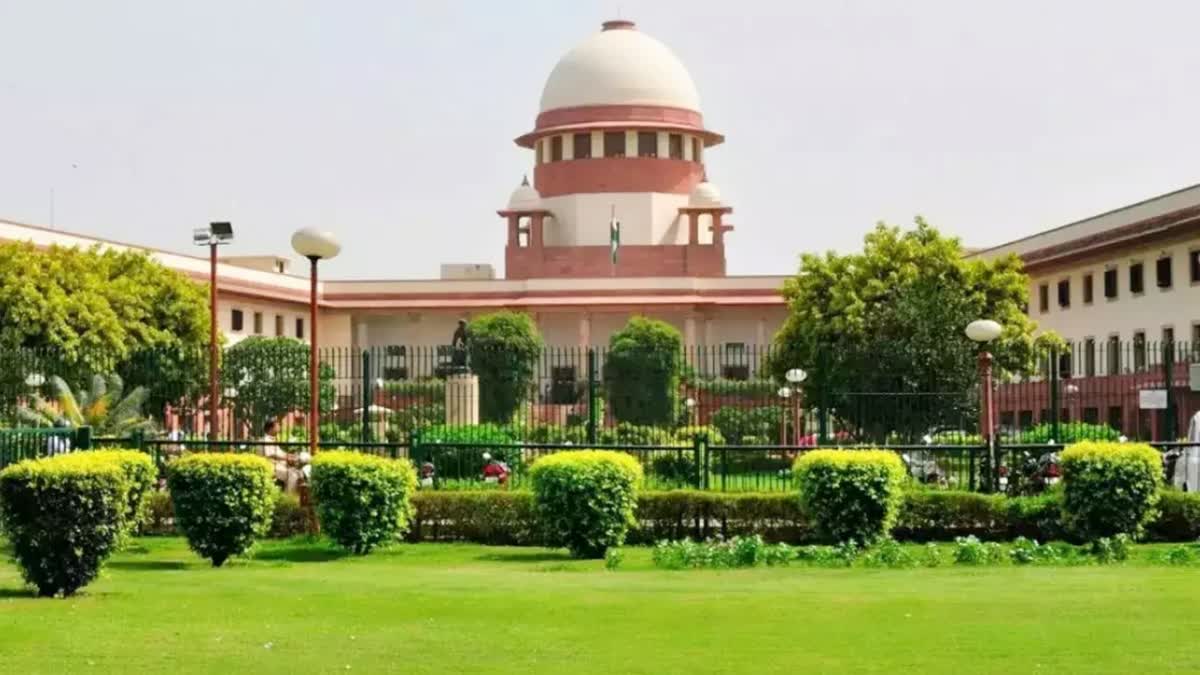New Delhi: The Supreme Court on Wednesday put on hold Gujarat High Court order, which rejected an affidavit filed by "The Times of India", tendering an apology for "wrong reporting" on the hearing of a matter.
The plea filed by Bennett, Coleman and Company Limited, which publishes English daily "The Times of India", came up for hearing before a bench led by Justice B R Gavai. The media house moved the apex court challenging the September 2 high court order.
"Stay of the impugned order as well as the contempt proceeding. However, we clarify that the proceedings of the writ petition will proceed in accordance with law," the bench, also comprising Justices P K Mishra and K V Viswanathan, said.
On September 2, the high court had granted three more days to "The Times of India" and two other newspapers to tender a public apology in their publications in bold letters on the front page, clearly intimating the public about the "wrong reporting made by them" on August 13.
"The affidavits tendering the apology by the editors of three newspapers, namely 'Indian Express', 'The Times of India' and 'Divya Bhaskar', placed in the court today, tendering public apology in the newspapers about the reports published in the newspaper edition dated August 13, 2024 of the ongoing hearing in this group of petitions, are not to the satisfaction of the court. All their affidavits are being rejected accordingly," the high court had said.
In its August 13 order, the high court had noted that during the hearing in the matter on August 12, certain observations were made by the bench that were printed as a news item in "The Times of India" with the headline -- "State can regulate minority institutions by excellence in education: HC" -- and a sub-heading -- "Have to give away rights in national interest". "The construction of the news item from the reading thereof is such that it appears that the court has formed an opinion into the matter of the rights of a minority institution to appoint teachers of its choice vis-a-vis the exercise of the State's power to regulate educational institutions run by minorities," the high court had noted.
Read more:



